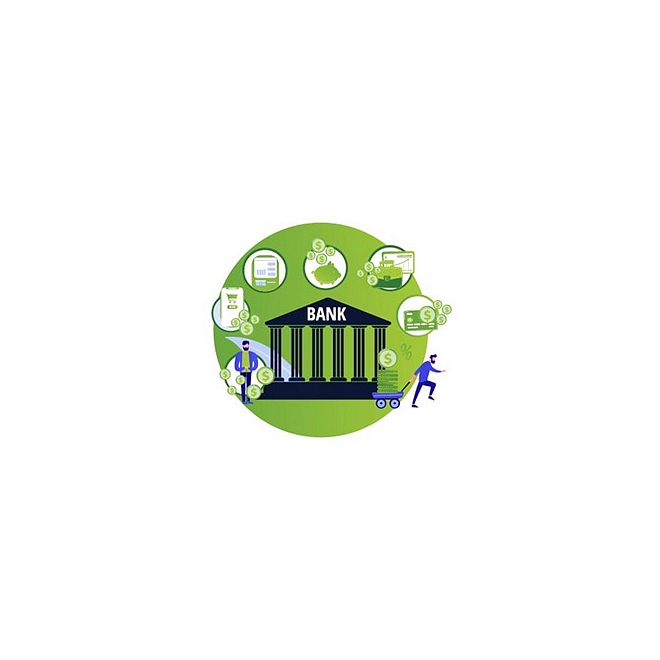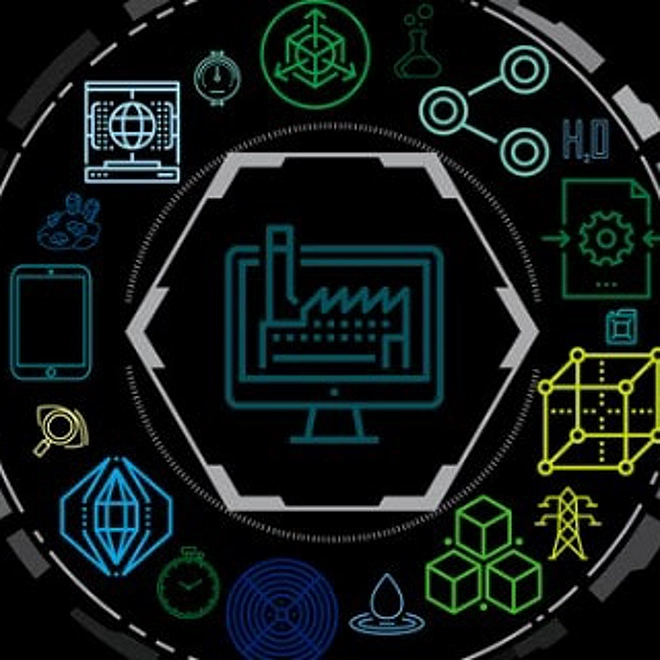A fresh perspective
Nigeria Cyber Security Outlook 2021
Introduction
The year 2020 closed with a significant shift in the magnitude of cybersecurity attacks and data breaches on SMEs, health institutions, public, private, financial and non-financial institutions in Nigeria and the world at large. The attacks targeted a lot of personal devices, cloud tools and remote working infrastructure used during this period.
As we enter the year 2021, the economic and social situation largely remain the same, although with a much positive outlook given the development of vaccines in different countries.For cybersecurity, we expect some events will happen in Nigeria given the prevailing trends in social, economic and political events around the world.
Conclusion
2021 will prove to be a very interesting year in the economy, health, business and cybersecurity will not be left out. Last year showed us that security will always be a major concern irrespective of seemingly tough times as attackers are always looking for an avenue to exploit security weaknesses and profit off them. An introspection into the lessons and events in the past will help us develop foresight and adequately prepare as we progress in the New Year.
Businesses need to focus on beefing up their cybersecurity programs, implementing initiatives to continuously monitor internal people and system activities, proactively managing vulnerabilitiesand risks, test incidence response and business continuity plans and assume a position of being already breached. Most times, all it takes is just one successful entry by the attackers; hence businesses cannot afford to be lax about their security.
We wish you a secure 2021.



